Low carbon still a high priority for metals markets
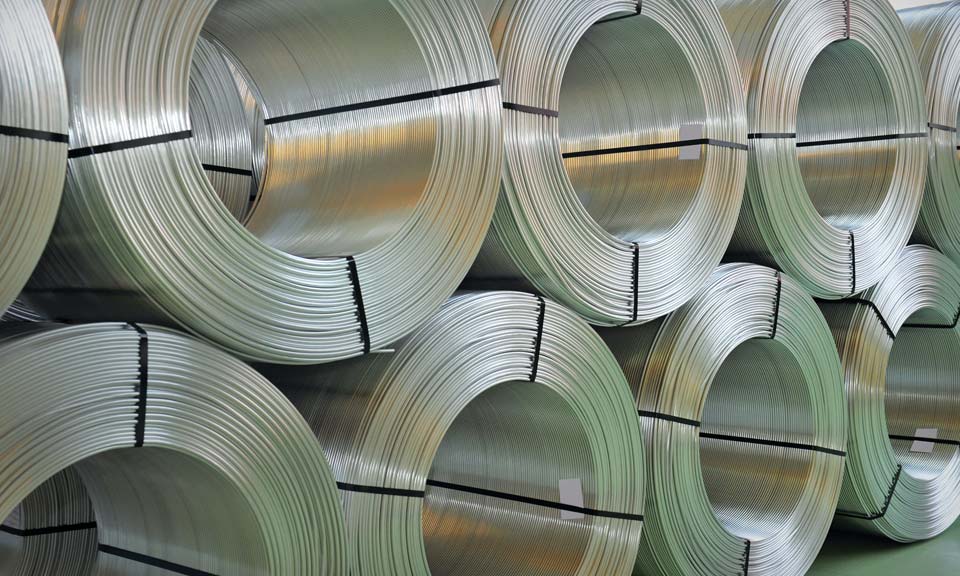
Few would blame the metals sector if it set aside decarbonization efforts while navigating the impact of geopolitical uncertainty, supply chain disruptions and inflationary concerns that have shaken global commodities markets this year. But the opposite has been true, particularly in Europe.
Carbon-accounted metals products continue to be sought after by eco-conscious end-users and consumers alike, and often are commanding price premiums over comparable standard material.
The price differentiation that has emerged has been the driving force behind low-carbon metals price assessments launched by Platts, part of S&P Global Commodity Insights, since early last year.
On Sept. 20, Platts launched the latest offering in this space – new daily European Low-Carbon Aluminum Billet assessments, delivered duty paid Italy and Germany.
In tandem with the launch, Platts increased the frequency to daily of its existing weekly assessments for both standard aluminum billet DDP Italy and DDP Germany, also effective Sept. 20.
The LCAB assessments apply to 6060/6063 billets produced with a maximum Scope 1 and 2 certified emissions level of 4 mt of CO2 per mt of aluminum at the smelter only, in dollars per metric ton, minimum order sizes of 50 mt. The assessments do not encompass Scope 3 emissions of other production-related activities, such as mining and raw material transportation.
Platts will only consider aluminum billets which have had their smelter Scope 1 and 2 emissions certified by an internationally accepted, independent organization for the LCAB assessments. Market participants also will be expected to supply proof of such certification upon request.
The LCAB launch comes as European low-carbon aluminum billets have already begun to command a premium to standard billets.
Whether they're produced by smelters utilizing low-emissions energy sources or secondary material made predominantly from scrap, market sources reported low-carbon billets were fetching premiums mostly in a range of $20-$40/mt over the month leading up to the launch, according to Platts data.
No premium was captured on the first day the LCAB assessments went live, however, with standard and low-carbon billets both assessed at $1,010/mt.
One North American aluminum consumer told S&P Global recently that the European market has been driving demand for low-carbon material – both as end-users seek such suppliers and their customers increasingly require certified low-carbon products.
The consumer added that in the past, customers – particularly in the automotive sector – often preferred primary billets and rejected secondary billets made with scrap. Now, with decarbonization a priority, most push for material made with a minimum of 80% recycled material, as well as certifications they can show to customers to prove it. Billets made from scrap consume less energy in production than those made through primary aluminum smelting.
A European producer source pointed to the region's more stringent regulatory environment and the likelihood of continued legislation driving demand for low-carbon material into the future.
"The more legislation we have, the more restrictions there will be on high carbon, which will concentrate more demand into low carbon," the producer said.
While the European market so far has emerged as the trend setter when it comes to low-carbon metals and emerging price premiums, demand for such material is not limited to that region.
Global producers including Alcoa, Rusal, Rio Tinto, Century and Hydro all have released low-carbon product lines in recent years, with guarantees of less than 4 mt of CO2 per mt of aluminum produced, based on smelter emissions.
The trend gained momentum last year, as the International Aluminum Institute released a report outlining what it characterized as "three credible and realistic approaches to emissions reductions for the aluminum industry." The report, titled "Aluminium Sector Greenhouse Gas Pathways to 2050," pointed to electricity decarbonization, direct emissions reduction and recycling and resource efficiency as potential solutions.
Platts LCAB assessments launch followed extensive engagement with market participants throughout the aluminum value chain. The new assessments complement Platts existing carbon-related price offerings, including its Low-Carbon Aluminum Price (LCAP) for high-grade European P1020 aluminum and its Zero-Carbon Aluminum Price (ZCAP) leveraging Platts CORSIA-eligible carbon credit price assessments (CEC) to calculate the cost of offsetting the carbon emissions of the LCAP assessment to zero.
Platts also publishes eight global low-carbon metals spreads and ratios that incorporate some of the most liquid markets and widely used finished product and feedstock assessments. The spreads and ratios can help compare lower- and higher-carbon metals inputs and inform feedstock choices, such as usage of various scrap grades and other metallics.
Just as the metals sector has remained focused on decarbonization despite the challenges of current market conditions, Platts will continue to offer carbon-related metals assessments, insights and tools aimed at bringing transparency, quantifying costs and managing risks and opportunities associated with the growing focus on carbon-reduction strategies and increasing global regulation.
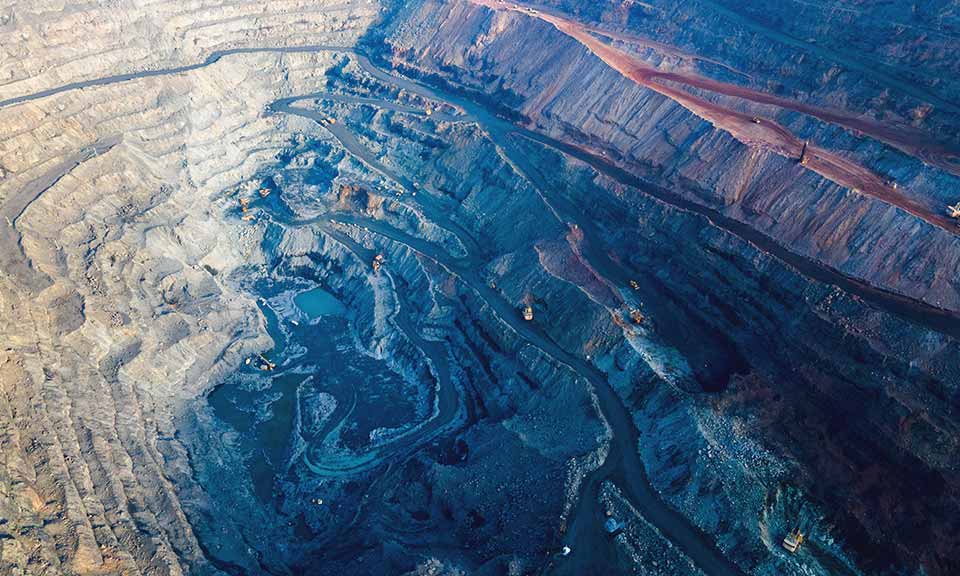
News
Leinster Lithium Project comprised of 23 exploration licenses Several European lithium mining/refining projects set to launch this year UK project developer and battery metals recycler Technology Minerals is to sell its exploration licenses in Leinster, Ireland, to project developer European Lithium. The London-listed company said April 22 the purchase would take place through the sales of 100% of the issued share capital of its wholly owned subsidiary and the owner of its exploration licenses LRH Resources limited. The proposed sale price is $10 million to be settled through the transfer of the equivalent value of shares held by European Lithium in Critical Metals Corp. calculated at 90% of the closing market price of the shares on the day before the signing of a heads of agreement. The shares in Critical Metals will be held in escrow until Feb. 28, 2025. LRH Resources' Leinster Lithium Project is comprised of 23 exploration licenses containing significant lithium bearing spodumene pegmatites. Technology Minerals said it will retain its 100% interest in the Asturmet project in northern Spain. "The agreement is an endorsement of our ability to identify and develop early-stage projects with significant potential," said Alex Stanbury, Technology Minerals chief executive. "It also underscores our strategy to advance early-stage projects up the value curve and attract potential buyers or partners to bring additional value to the company and its shareholders," he added. European Lithium chair, Tony Sage said that the acquisition demonstrates his company's commitment to expanding in the European lithium industry and its ability to identify and secure promising lithium properties. "This also demonstrates the value of our investment in Critical Metals Corp. As we move forward, we can utilize the investment again and again without depleting our cash reserves, he said. European Lithium, an Australia-listed mining exploration and development company is focusing on the development of the Wolfsberg project in Cezch Republic. The company is aiming to be the first and largest local lithium supplier in an integrated European battery supply chain. Several European lithium mining and refining projects are poised to launch commercial operations this year, supported by a push among original equipment manufacturers, or OEMs, to regionalize their battery supply chains and reduce dependence on imported material. On March 18, The European Council adopted the European Critical Raw Materials Act (CRMA) The regulation requires that EU capacities along the strategic raw material supply chain satisfy at least 10% of EU annual consumption of mined material, at least 40% consumption of processed products and at least 25% consumption of recycled material. The regulation also requires that no more than 65% of the EU's annual consumption of each strategic raw material at any relevant stage of processing should come from a single third country. Platts, part of S&P Global Commodity Insights, assessed lithium carbonate at $14,500/mt CIF Europe April 22, unchanged on the month, while lithium hydroxide was assessed at $14,500/mt CIF Europe on March 18, also stable on the month. Platts Connect: News & Insights (spglobal.com)
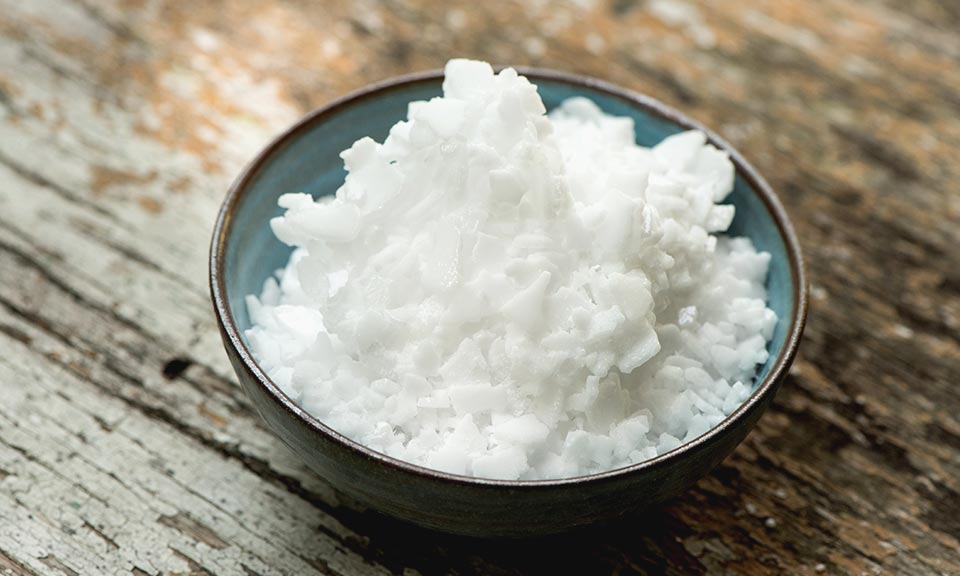
News
Nine-month production up 9.1% on year March quarter sales rise 14.4% on year Sales for 9-month period up 9.3% on year Australia's Pilbara Minerals boosted spodumene concentrate production 20.8% year over year to a record 179,006 dmt in the third quarter of the 2023 financial year, the company reported in quarterly report released April 19. The volume was also up 2% quarter on quarter and brought the nine-month total to 499,200 dmt of spodumene concentrate, 9.1% higher year on year. The company’s financial year runs from July to June. The miner said that, although there had been production challenges early in the March quarter due to adverse weather events and ore supply challenges, the P680 primary rejection facility had achieved nameplate production capacity in the second half, with a monthly production record of 80,000 dmt achieved in March. Besides the expanded production capacity of P680 with no shutdowns, the monthly record was also helped by higher ore lithium head grade and higher lithium recoveries due to operational improvements including the temporary mobile ore sorters. Pilbara said it was temporarily using mobile ore sorters to supplement ore feed and to gather in-field intelligence on the use and optimization of ore sorting technology on mine ore feed ahead of the start of commissioning of the P680 crushing and ore sorting facility in the June quarter. Sales up 14.4% on year Pilbara Lithium’s sales for the March quarter were 165,100 dmt, up 14.4% year on year and up 3% quarter on quarter. The average realized price of the quarterly sales were $804/dmt CIF China, $83.4% lower on the year and down 28% quarter on quarter. Pilbara said the quarterly sales were lower than the production volume due to the timing of shipments, with two totaling 25,900 dmt made during the first half of April. “The company continues to see ongoing customer demand for its product and is not stockpiling production volume,” it said. Sales for the nine-month period totaled 471,400 dmt, up 9.3% on the year, at an average realized price was $1,343/dmt CIF China, down 72.8% on the year. “The pre-auction sale of 5,000 dmt at $1,106/dmt SC5.5 in March reflects the ongoing demand and positive pricing for unallocated production volume,” Pilbara said. Lithium price increases are "feeling material" when looking at the 60 days up to mid-April, Pilbara Minerals' Henderson said. Platts, part of S&P Global Commodity Insights, assessment of lithium spodumene concentrate with 6% lithium oxide content (SC6) has risen 11.3% since the start of 2024 to $1,080/mt FOB Australia April 19. Mid-Stream demo plant project on schedule The company said its Mid-Stream demonstration plant project continued to progress on schedule and budget with detailed design, and was still expected to achieve first lithium salt production in the June quarter of the 2025 financial year. Pilbara’s JV with POSCO, POSCO Pilbara Lithium Solution Co., also completed commissioning activities and started production ramp up for Train 1 of the 43 ,000 mt/year lithium hydroxide monohydrate (LHM) chemical facility in Gwangyang, South Korea, Pilbara said. It said small volumes of uncertified LHM were produced during the quarter as part of commissioning with the ramp-up to full capacity estimated within 12-18 months. The JV also continued major construction works for Train 2 at the plant, with commissioning expected to start during the second half of 2024. Platts Connect: News & Insights (spglobal.com)
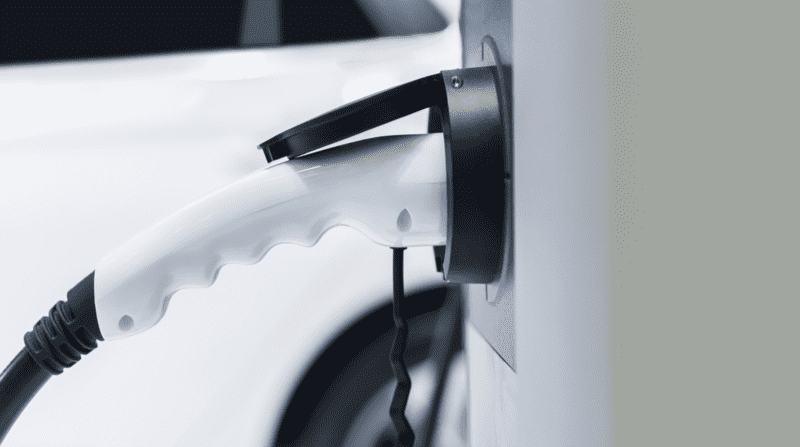
News
Reduced EV sales hits home installations Tailwinds from ZEV mandate expected UK EV sales market share down in March The UK's electric vehicle charging market is facing a challenging outlook due to policy uncertainty and reduced demand for new EVs, EDF-majority-owned charging company Pod Point said April 18. Pod Point's 2023 revenue fell 11% to GBP63.8 million ($80 million) mainly due to a 38% year-on-year decline in home charge point installations to 33,513. Commercial charge point installations fell 10% to 5,231. "The market is likely to remain challenging with increased consumer uncertainty in anticipation of potential changes to UK government policy and ongoing volatility in private new EV demand," CEO Andy Palmer said. There should be "significant tailwinds", however, from the government's zero emission vehicle (ZEV) mandate, Palmer said. The legislation requires auto makers to increase zero emission car and van sales in the overall UK mix from 22% in 2024 to 38% by 2027, 80% by 2030 and 100% by 2035. UK battery electric vehicle registrations in March were up 3.8% year on year to 48,388 units, although, at 15.2%, BEVs' market share was down one percentage point year on year, according to Society of Motor Manufacturers and Traders data. National Grid ESO estimates there will be up to 37.4 million EVs on UK roads by 2050, up from just over 1 million as of end-March (not including 645,000 plug-in hybrid EVs). Pod Point CFO David Wolffe said the company expected the mix of vehicles to continue to shift to EVs on the back of more choice for consumers, "with more new battery electric models expected to be launched in 2024 at more accessible price points." A potential constraint, however, could be the UK's behind-schedule power network expansion. "The addition of an EV typically will double a household's electricity usage. This is a huge challenge at the national level. In parallel with this, there has been rapid growth in the contribution of wind and solar power to our national grid, which are both more volatile," Wolffe said. On the plus side for Pod Point and EDF, these factors may double the value of the grid flexibility market by 2030 to around GBP4 billion. The vehicle-to-grid concept sees EVs helping network operators balance their systems. "Pod Point has already established itself as an emerging player in this exciting market, delivering revenue and profit in 2023. We have delivered flex in two markets during 2023 and have signed multiple partnerships with key players, including EDF, Centrica and UK Power Networks," it said. Platts, part of S&P Global Commodity Insights, assessed battery grade lithium carbonate and hydroxide assessments at $14,500/mt CIF Europe on April 17, stable in recent weeks but down from $15,900/mt in early January. Platts Connect: News & Insights (spglobal.com)
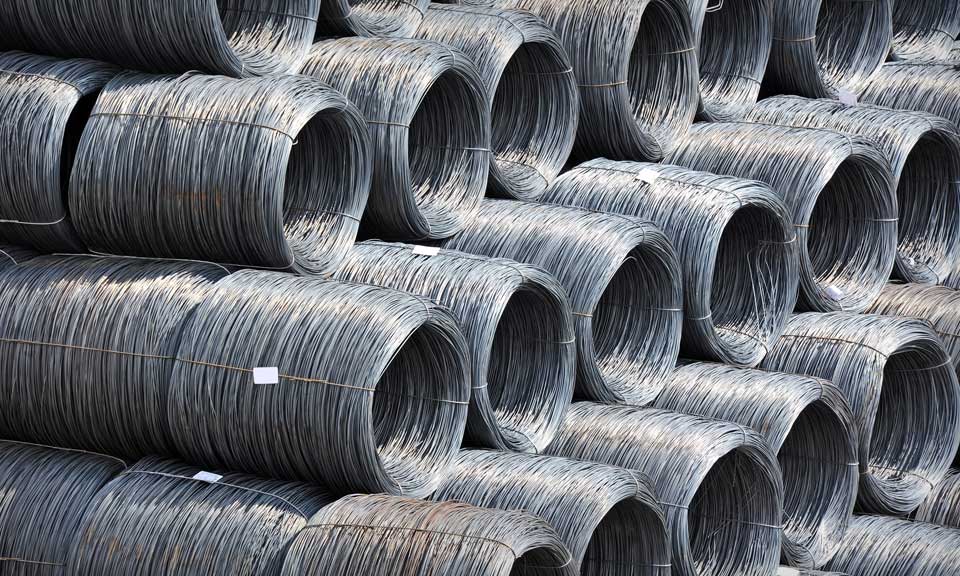
News
China's property sector has been in shambles over the past few years and remains the biggest drag on domestic steel demand. The property market has trended downwards in the first quarter of 2024. With no major recovery signs in new home sales, China’s new home construction starts are likely to remain on the downwards trajectory in the foreseeable future. The slowing property sector has triggered debt risks locally, leading Beijing to order local governments to downsize infrastructure projects, which has also undermined the growth momentum in infrastructure steel needs, adding to the demand slump. Click here to see full-size image